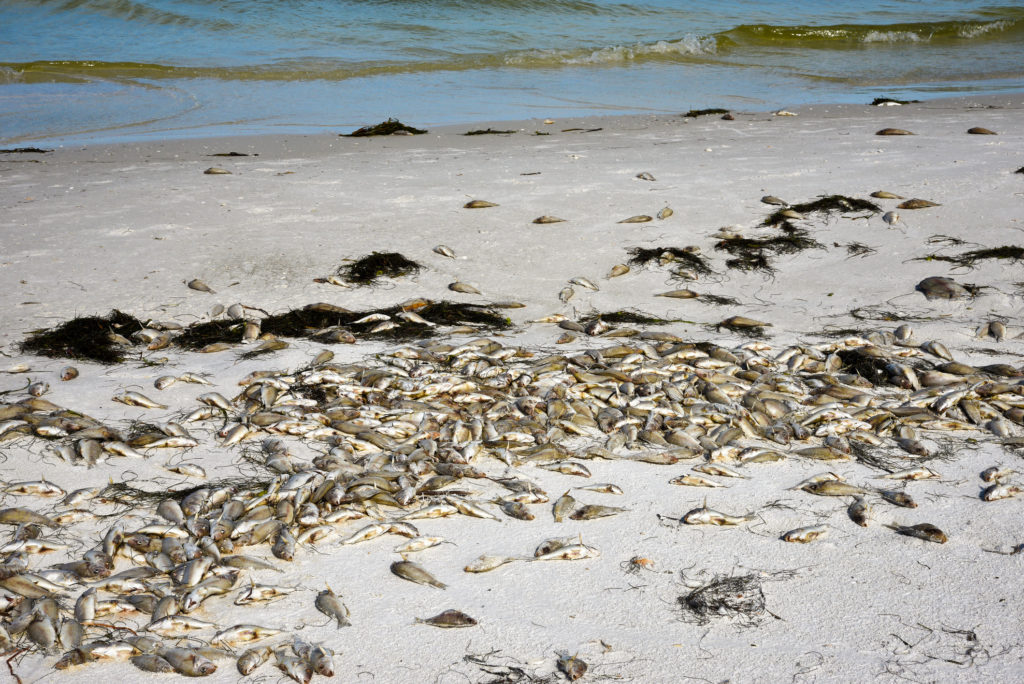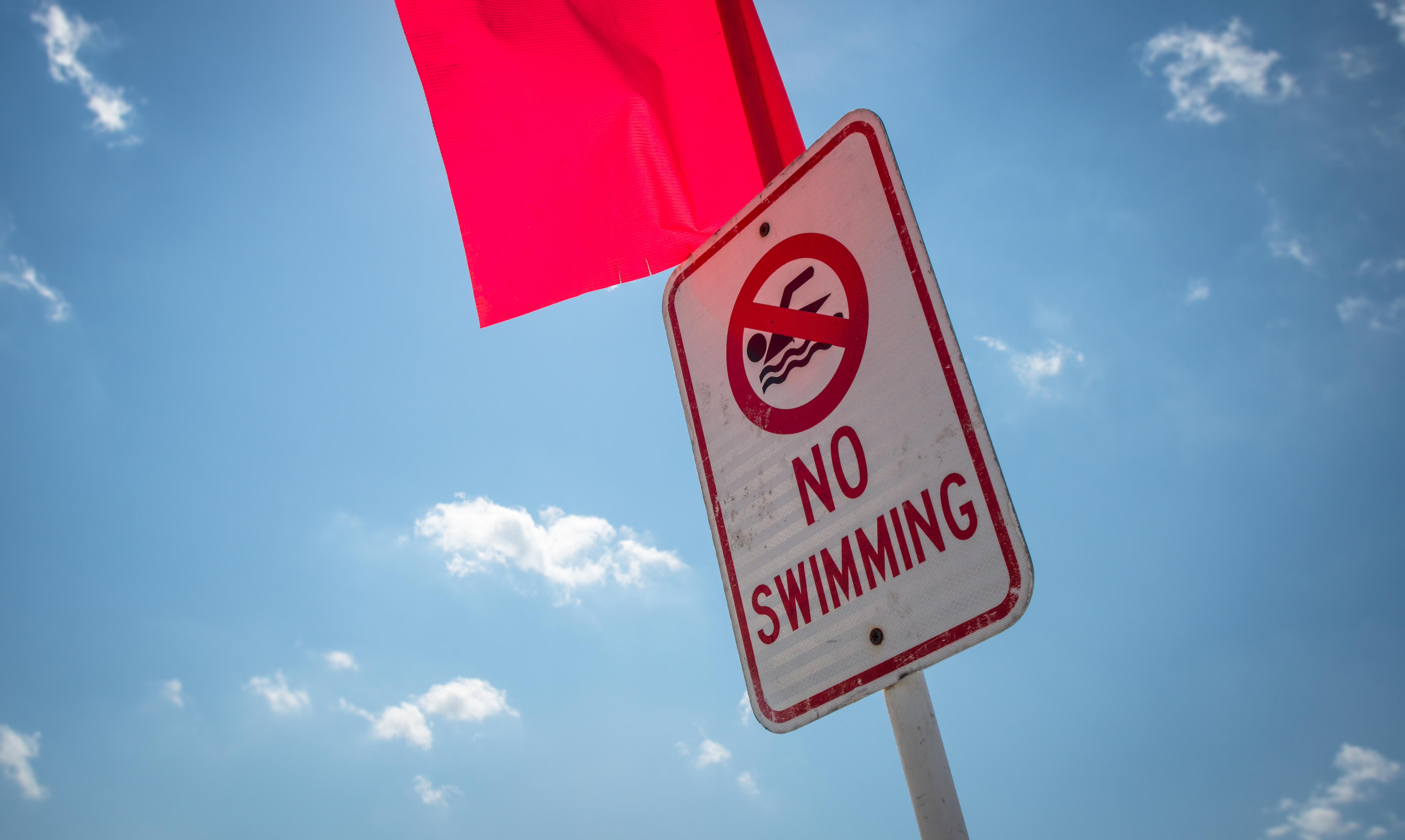For the past several months, the progression of red tide has been plastered on the news across Florida for the dangers it has caused in the state’s marine and brackish waters. From the death of wildlife to the risks it presents toward human health, the red tide became the talk of the state but also the nation and its environmentalists. Although it started on Florida’s west coast, Brevard County announced on Wednesday that the red tide has made its way to the east coast in Satellite Beach.

Red tide is a naturally occurring event that presents an above-average concentration of microscopic algae, which causes discoloration of water. It begins to generate offshore and is brought inward through the power of ocean currents and strong winds. It is incredibly harmful toward marine life and in high levels of concentration, it can cause temporary respiratory issues in humans that can worsen in individuals with asthma, COPD and other respiratory conditions. People can also obtain skin infections, which should be washed in fresh water to kill the micro-algae.
High Levels Of Red Tide
Within Brevard County, high levels of red tide were detected in Satellite Beach and lower levels in surrounding shores. At the beginning of the week, dead fish were discovered throughout the water and beachgoers reported complaints of air quality. To create a brief combatant, Brevard County suggests those who are interested in going to the beach should instead go to local parks, the Brevard Zoo, Kennedy Space Center Visitor Complex or Museum of Dinosaurs and Ancient Cultures.
Scientists are working diligently to combat the growing red tide and are trying to discover ways to predict harmful algae blooms. Across the country, teams of scientists are testing sample waters and monitoring Florida’s waters through buoy examination and mapping existing blooms.
Back in August, Gov. Rick Scott declared a state of emergency for parts of Florida’s Gulf Coast after the dangers of red tide. Over 550 manatees were killed in 2018 from red tide and the count is only increasing. In Manatee County alone, over 200 tons of dead fish have been removed from the toxic waters, leaving normally packed beaches with nothing but the smell of putrid air.
Measures Being Taken Statewide
Gov. Scott issued a statement on Aug. 3 discussing the measures that were being taken by the state to help find an end to the red tide. It discussed the sof Florida’s partnership with Mote Marine to study the causes of red tide, and how since 2013, Mote Marine has received over $5.5 million in state funding to research the ride tide. Just this year, Gov. Scott invested $2.1 of the state budget toward manatee rehabilitation.
Several actions are being taken by the Florida Fish and Wildlife Conservation Commission to help ease the severity of the situation, including:
- A toll-free fish kill hotline for anyone to report fish deaths to aid the FWC in tracking the damages of red tide,
- Local agencies and partners are able to contact the FWC at any time with concerns,
- A partnership with the Florida Department of Health to advise residents and visitors of any potential health impacts caused by red tide and how to cure any related ailments,
- FWC’s Fish and Wildlife Research Institute partners with Mote Marine Laboratory to work on monitoring the situation to help mitigate the impact of red tide.




Comments